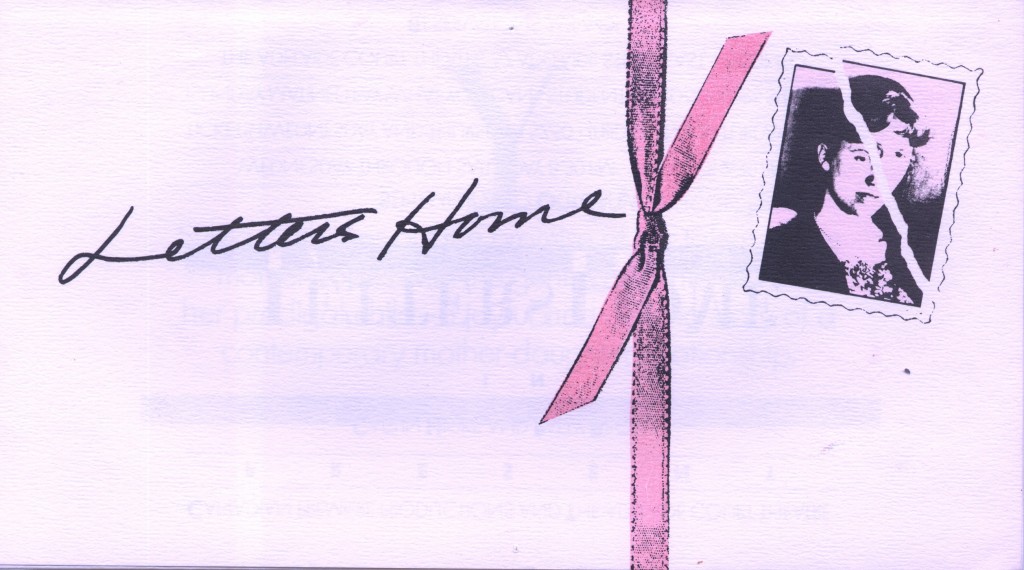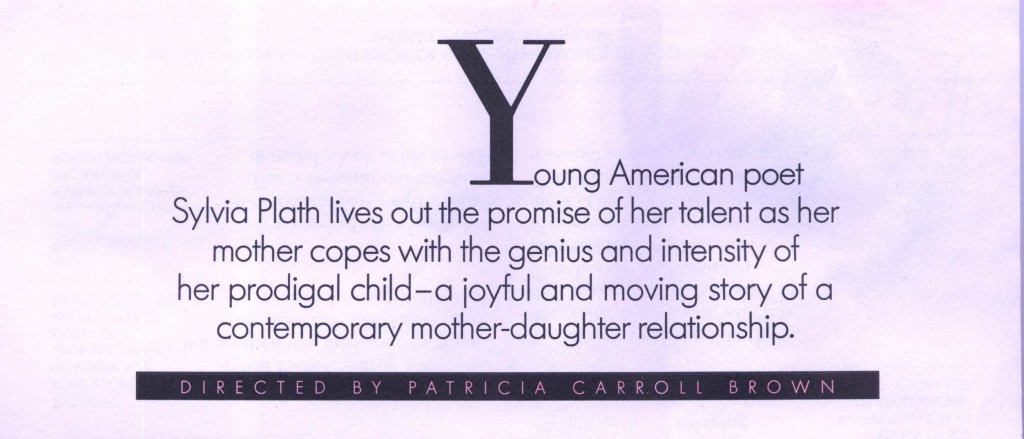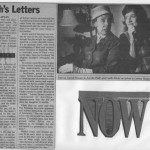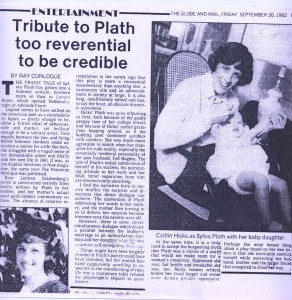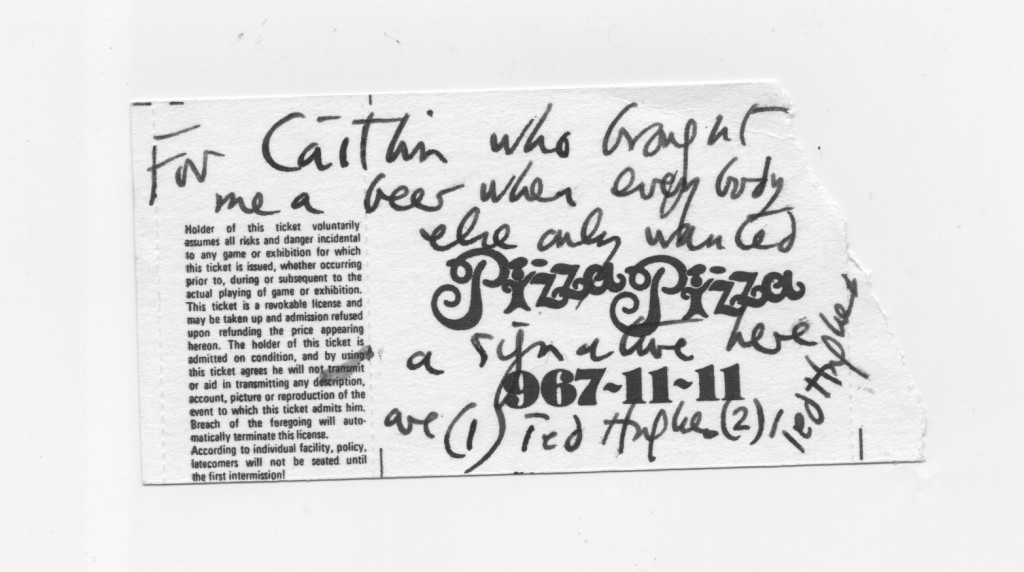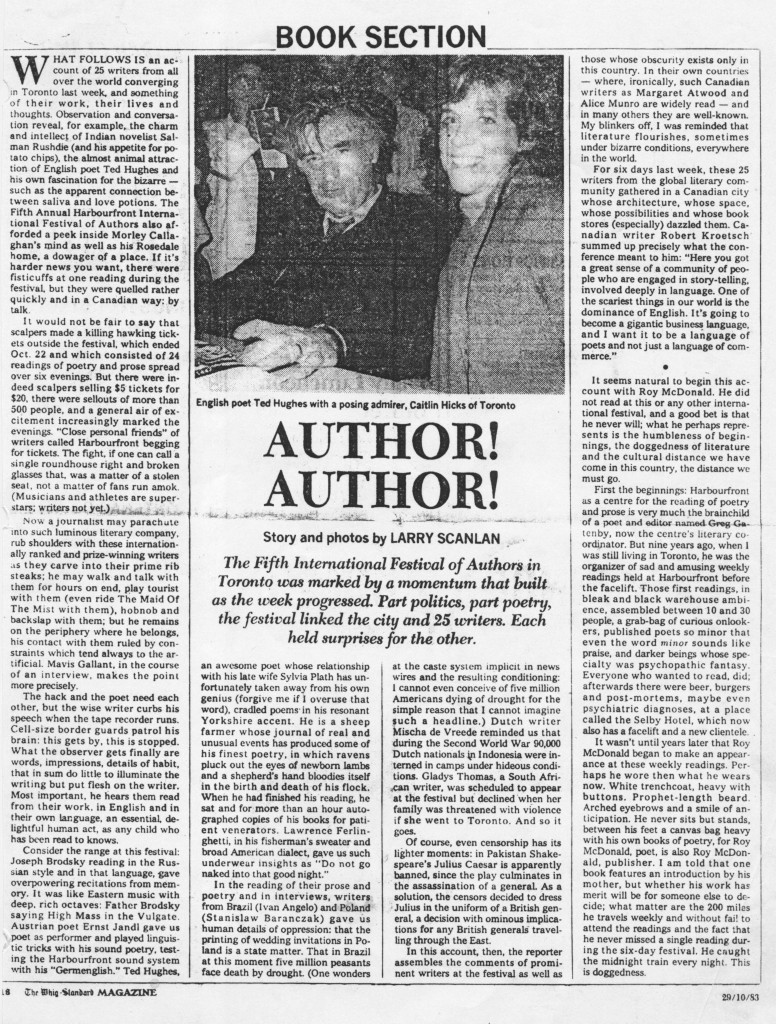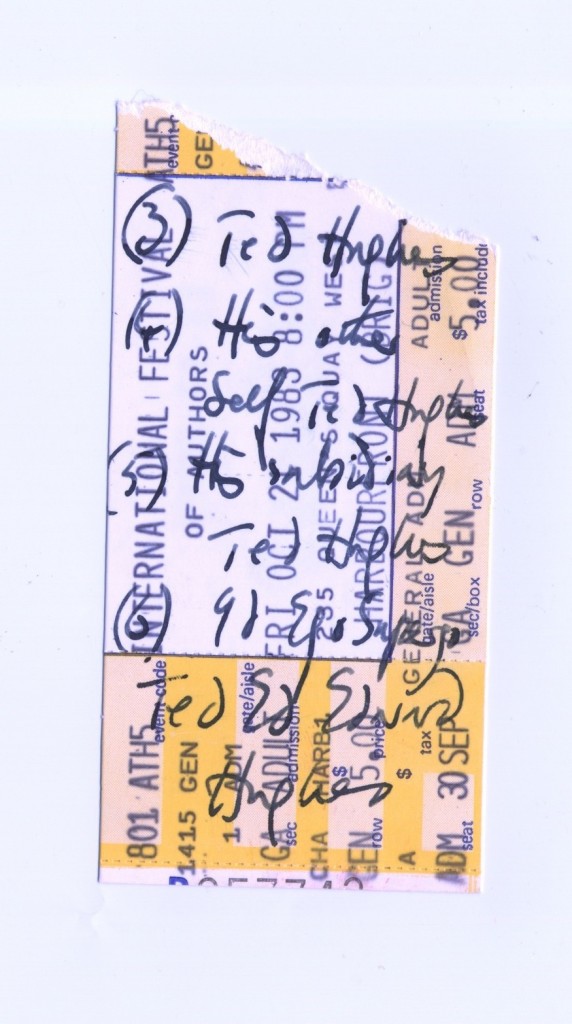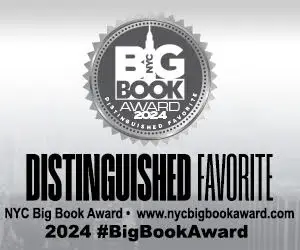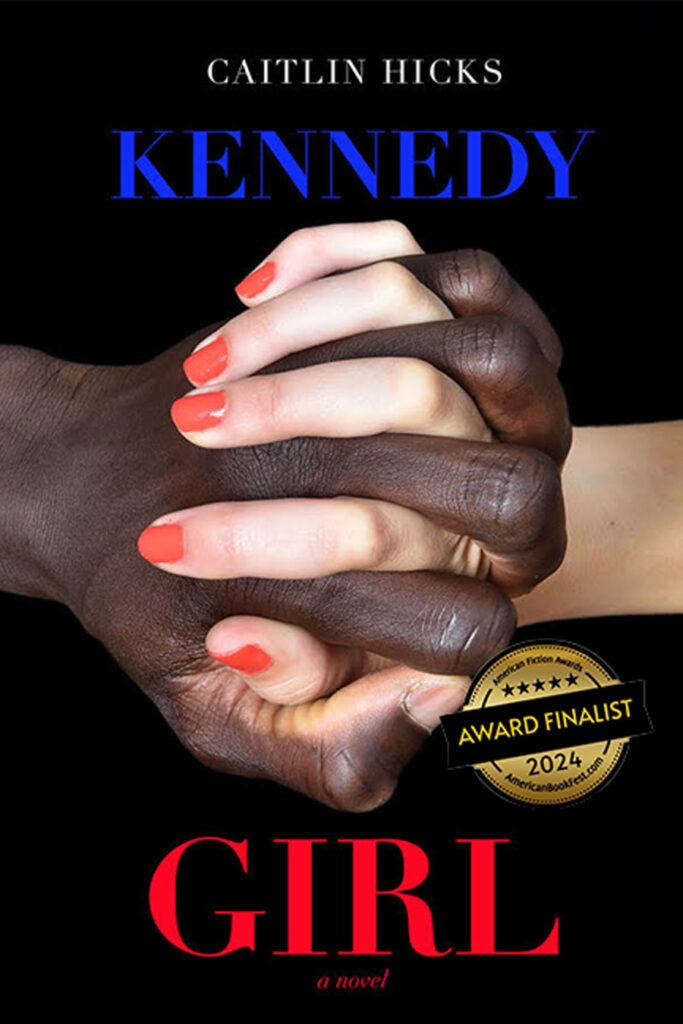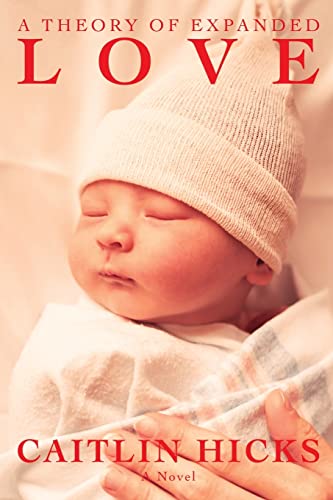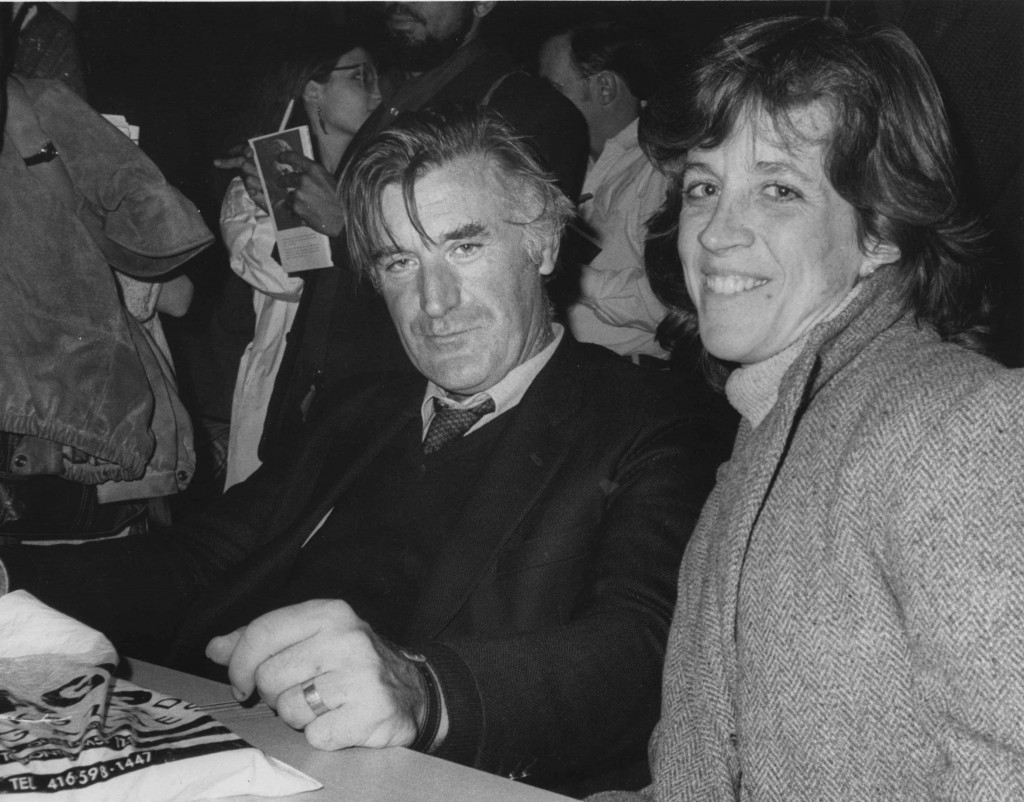 October 21, 1983. Toronto. At 644 Church Street, just off Bloor.
October 21, 1983. Toronto. At 644 Church Street, just off Bloor.
Fall settles in. A crisp, chilly, windy day. Leaves whirl, scatter in circles. I am living in a tiny two bedroom apartment on Church Street in Toronto, just off Bloor, with my lover, Gord Halloran, for whom I have left my first marriage, my friends, my family and my country. I am so full with pregnancy, so ready to give birth to our love child. No work permit here in Canada where I’m still becoming more aware of myopic American-ness. In the meantime, I am a fitness instructor at a trendy workout studio in Yorkville.
Here I am introduced to Canadian legend, Karen Kain, who becomes an occassional student in my classes while she recoveres from an injury. I teach daily, waiting for legal status and the freedom to work and get paid. My lover’s divorce — from a fourteen year marriage in Canada — has yet to come through from California. That’s where we met and fell in love – San Francisco.
And he’s working on an oil painting of the Toronto Stock Exchange and directing a show we are producing at the Adelaide Court Theatre: the Canadian premiere of “Letters Home”. It’s a two-hander which chronicles, in letters, the relationships between American poet Sylvia Plath,and her mother, Aurelia. The playwright is Rose Leiman Goldemberg.
We had decided to do the show as my Toronto debut. Since we were producers, I didn’t need a work permit to be hired, and I’d be quite pregnant when the show opened. I wasn’t very big, maybe I could pull it off: Sylvia Plath is pregnant in some parts of the play.
Letters Home enjoyed a three week run, healthy audiences and reviews in The Globe and Mail, The Toronto Star, Now Magazine,
U of Ts’ The Newspaper and York University’s Excalibur. The Newspaper’s headline: Letters Home offers more than a biography, The Excalibur: Plath’s Letters Read Well.
Unfortunately, Gina Mallet, of The Toronto Star saw the opening. We did an exhausting rehearsal that day. Due to lack of experience, I didn’t estimate how my pregnancy would affect my energy requirements. By the evening’s performance, I had hit the wall, and walked through opening night without an ounce of emotion. My co-star, Patty Carole Brown, had trouble remembering her lines. This was a major frustration throughout the run of the show because in her mistaking one line for another, it was difficult to know how to salvage the scene. Gina Mallet put it in writing, it hurt to agree with her. The most basic of an actor’s responsibilities is to learn your lines! I felt empathy for Patty as her verbal hesitation was probably due to her age; and we will all be there soon enough. But I was so humiliated by her review that I clipped out the headline, and only saved the good parts.
We had another chance the second night: Ray Conologue reviewed for The Globe and Mail. My energy rallied but we weren’t to be blessed: Ray Conologue spent more time scribbling clever notes to himself than watching the show. The headline to his review, complete with several photos, was published across the entire country: Tribute to Plath Too Reverential to be Credible. He used the word feminist anthem in the first paragraph, then proceeded to throw stones at it. I still recall one paragraph from his review: “Hicks’ Plath was quite offputting at first, both because of the gushy preppy tone of her college letters and because of Hicks’ rather gratutitous bopping around, as if the budding poet combined aerobics with iambics. . .” Apparently Conologue hadn’t noticed my very obvious physical condition. Well, maybe it was the aerobics classes I was still teaching!
My fascination with the Plath/Hughes legend was by this time, huge. I had every poem Sylvia Plath wrote, and many editions of Ted’s work.
I owned Sylvia Plath by the play’s closing performance, and her tragic suicide weighed heavily on me. I felt her angst upon learning that her husband was having an affair with another woman. At the time of her death in February 1963, Ted Hughes’ career was firmly established, Sylvia’s was just beginning to take off.
What could she have seen in the world before THE FEMININE MYSTIQUE was published? What happened to make this intelligent, passionate woman with a child under 3 and another just a year old, during one of England’s coldest winters on record, put a towel in the space under her kitchen door, put her head in the oven and turn the gas on?
In my journal, it says that on October 21st, Gord went down to City Hall to get our marriage license as his divorce papers had finally arrived the day before.
On October 22nd, 1983, just a week after Letters Home closed, The Fifth Annual International Festival of Authors hosted 25 writers from all over the world at Toronto’s Harbourfront. On Sunday, the last day of the festival. Ted Hughes, England’s Poet Laureate, Sylvia’s ex-husband and lover, was the featured guest.
We were down to our last pennies. Gord’s savings had been seriously depleted with the production of this play. Reluctantly, his red Mustang convertible and a clunky old blue truck were put up for sale in the want ads, and Gord arranged to sell his cherished Kathe Kollewitz print to a dealer in San Francisco. But, on October 22nd, there had been no sales, no income from our sacrifices. We were going to be parents, and we had no money for diapers.
I weighed the cost of the tickets. But I had just spent five months of my life studying both Ted and Sylvia, gazing at photos of them in love, reading their poetry, Sylvia’s novel, The Bell Jar, wondering. Speaking to an Author’s Festival organizer, I heard that Hughes had been dogged by overeager Plath fans, who blamed Ted for Sylvia’s suicide. Sometimes they showed up at the airport with placards, shouting at him. Everyone was hoping for all of us in Canada to recognize his legend-ness and behave appropriately. How could I miss this?
There would be people in the audience who had seen me in Letters Home, but I just wanted to be a fly on the wall, free to gape and wonder. I wanted to know the answers I could only discover by meeting him: what could possibly have been so charming about him? Sylvia was a smart, creative woman. How could he have won her heart, then tossed it aside so carelessly?
Sitting at the back of the stuffed-to-capacity auditorium, I listened with show-me arms folded to the accented, apologetic voice of this man reading absolutely spellbinding poems about a sheep farmer! Astonished and thoroughly charmed, I was also cautious: the room was breathing with his every pause and I was vehemently Anti-Idol, in spite of my obsession. Afterwards, queues wound around the room for his autograph. I immediately attracted and repelled. I lingered — as a voyeur.
In one of my American moments, I went right up to the front of autograph the line, and asked him if he wanted a beer. Why hadn’t anyone thought of that? He looked at me gratefully. Of course he wanted a beer! Gord made his way through the absolutely stuffed bar to buy it, and when we delivered it, I pulled up a chair and sat next to Ted Hughes, as he signed books into the night.
A photographer from the Kingston Standard, who knew I had played the part of Sylvia in Letters Home, snapped our photograph together and it was published the next day. We talked. Ted Hughes wrote a poem to me on the back of my ticket.
Then, we all went home. Gord and I got married the following Saturday.
Later, I wrote the poem below, which I sent to Ted Hughes with a copy of the newspaper article which bore our photograph, in care of his publisher.
I also sent the poem to Rose Leiman Goldemberg, the playwright who had written LETTERS HOME, and who had a close relationship with Sylvia’s mother. I never heard from Ted Hughes, but Rose later told me that Sylvia’s mother, Aurelia had read the poem and quite liked it. The poem:
So,
this is
Ted Hughes
“A large, hulking, healthy Adam”
she said
Ha!
A stoop-shouldered shuffler
a baggy panted Down-looker:
chin crooked in his neck
pointed nose cocked sideways.
That hair! Straight grey, greasy fronds
spring from his forehead
into those wide eyes
softly laughing at the wrinkled edges;
set against a wiskery grey-bearded
chin.
He’s not that Big,
Hulking, Huge Whatever
She described:
he’s in his Fifties!
“With a voice like the thunder of God,”
she said
I hear Soft, apologizing
warm-accented timbre
rumbling, rising and bellowing
in the passionate heat
of his Wild Word poems
A singer, story-teller
Weaving magnets
before gullible,
gaping faces
We sit on seat’s edge
In the crowded stillness
a pin drop
We, gasping for air
forget to clap
His head hangs
like Christ on the cross
He ends the rushing, bleeding images
Tricks us,
starts again!
Like a prayer!
So this
is Mellowed
This
Ted Hughes.
Humble, clumsy-gaited
embarassed and amused
by the adulating bodies
A sea washes Him
to a table to sit.
Dry, condemned man
up-glances sideways
Mischief darts
under the ferns
He’s a rascal!
He taunts his captors
gleefully signing his punishment
His name, Ted Hughes.
Big, black
sloppy fountain of ink
eagerly spoils
white parchment
virgin book
He hardly sees their faces
but smiles
seductive, shy
sly
charming
disarming
Ted Hughes.
My rabbit heartbeat
Adrenalin drugged
insane!
I plot, full of courage
Book toting, ticket-toting,
program-toting ants
inch line behind him
I blurt forward
squashing a knat-sychopant
at His side
“Do you want a drink?”
I gasp, hoping
He nods,”Yes!”
Triumphant! I paw the crowd
Tingling thrilled
The squirming insects
clutch forward
a mass of thirsty limbs
Gord! co-conspirator
lover, director, psst!
“He wants a beer!”
A wink, and tumbling
fumbling for the sparkling fizzy
my lover pays and gets.
Cunning spiders, we
tiptoe, web and circle our prey
Beer. Here!
Jailbird smiles, grateful.
And we, full-cheeked
Cheshire cats
share the mouse
we chew
A buzzing bumblee bee
spies me
the pretend Sylvia
as Prisoner spoils another book
“You, bzzzzzz! Your last production . . .
bzzzzz! wonderful!”
Big bellied arachnid Recoils.
“Don’t! I’m not her!”
I scramble away safely
lest he discover me for the fraud
I am
Ted Ted scribble scribbles
more play comments
from a tall grasshopper
and someone is pointing at me
from across the room
my stomach knots
I spin the web
Mingle in the milling crowd
“Please?” I ask, “ A photograph?”
“Me and He? Forgot my flash!
Photographer frowns, I beg
Me The actress, He The Legend . . .
Camera bearer scoots
to smug fat Event Official beetle.
Barrel belly Panic here!
remembering our phone chat
to him I was a Plath-fly
“Don’t! I’m not!”
Finally!
WE: Me and He
exactly
are a picture
The Legend leans to me
those crinkling conspirators
lurking impishly at the edges
of His eyes, His mouth
Kingston photo-man poises
his lens
and in that moment
HE, the famous English poet
my fantasy husband
shrinks away from Me
the pretend the secret Sylvia
He stiffens, somber:
carefully protecting
His Offspring Image
Ted Hughes.
Flash! It’s over.
The hulking Adam glows again.
Night thins, crowd wearys
A full-mouth fat lipped blonde
thrusts a well-worn lipstick pen
into His hand
We Bask in embarassment as
The Captured rapes
another creamy page
drawing a heart
above undying words to her
She waves, twitters,
breathes on Him, touches his hand
totters
Listening, uncomfortable
we all laugh.
So finally it’s tired, we’re late,
The witching hour
I shrink, Becoming ant
Empty handed
I fumble pleas
ardent Catholics pray to Jesus
Prisoner smiles at me
yet another insect
his broad wedding-ringed hand
scribbling quick in wet ink
on my tickets
a poem to me:
For Caitlin who brought
me a beer when everybody
else only wanted
a signature here
We (1) Ted Hughes (2) Ted Hughes
(3) Ted Hughes
(4) His other
self Ted Hughes
(5) His subsidiary
Ted Hughes
(6) Id, Ego, Superego
Ted, Ed Edward
Hughes.
I am an actress
too young, at age nine
to have saved her
and I left my husband
for another lover
so I am like Him, too
I Became her
these last three weeks
I learned two, lived two
hours of their lives
and one-sided at that
but my fantasy
makes me feel
I hold them in my hand
as all no doubt do
who read His words
Her life
and wonder:
Who suffered most?
________________________________________________________________
In 1998, Gord and I celebrated our 15th wedding anniversary. We had just finished a tour of my play SINGING THE BONES to England and Sweden. We’d received many standing ovations from audiences in five countries. Our last production took place in the southwest of England, the beautiful county of Devon, where Ted Hughes made his home. While we were there, just down the road in North Tawton, unknown to us, England’s poet laureate was fighting his last against cancer. He had recently published a tribute to Sylvia Plath. On October 28th, 1998 almost 15 years to the day after I met him, and a little more than week after our show closed in Devon, we read the news of Ted Hughes’ death in the Herald Tribune.
